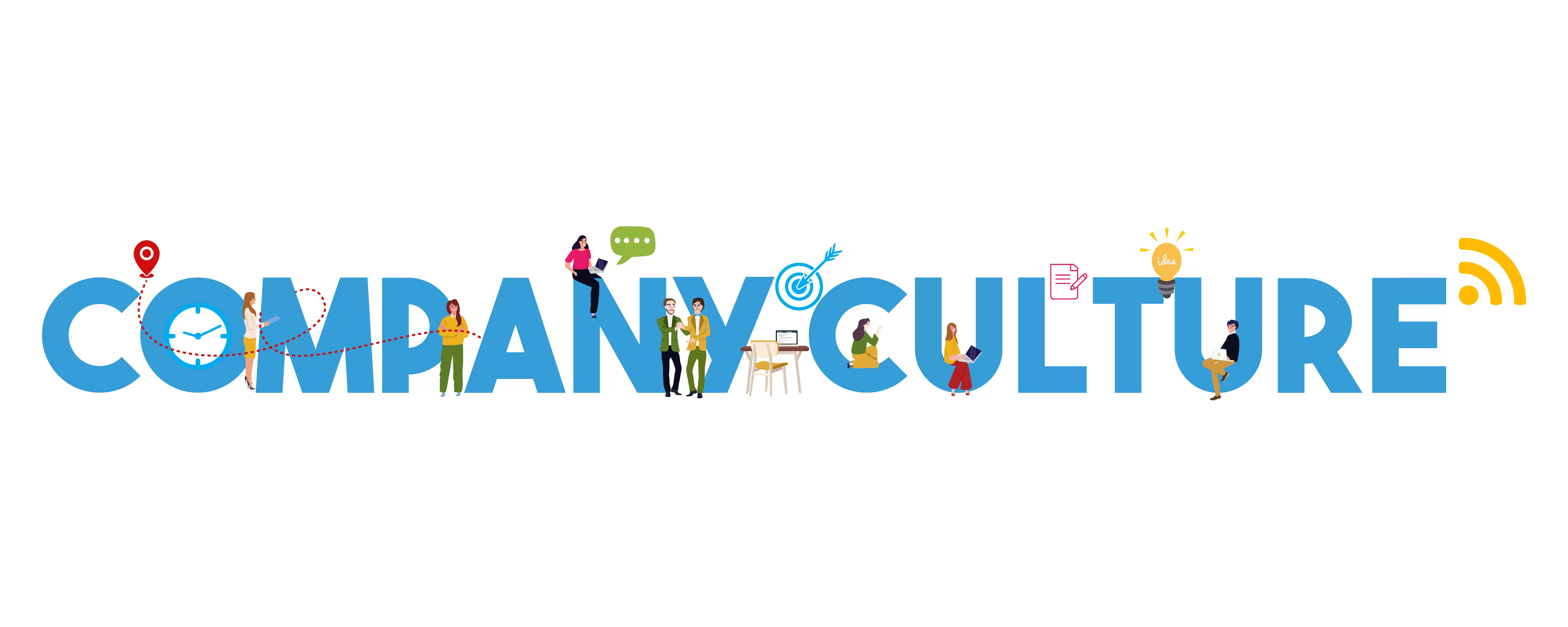Why Culture Fit is Important

What is culture fit?
The phrase culture fit is widely used in the workplace, especially during the hiring process. It describes a person’s opinions, principles, and actions coincide with those of a certain business or organisation. For good reason, hiring managers frequently give priority to culture fit when choosing candidates. Culture fit can significantly affect a company's overall success.
Employee Engagement
Staff who are happy and feel valued in their environment are most likely to be 12% more productive. A positive cultural fit may improve work satisfaction and employee engagement. An employee is more likely to be inspired to work hard and make a positive contribution to the firm if they feel at home and like they belong there. On the other hand, if an employee feels alienated from or estranged from the corporate culture, they can stop caring and become less effective. In the end, this can hurt the business's bottom line.
Performance and Productivity
Better cooperation and teamwork can result from a strong cultural fit, which can also increase engagement and job satisfaction. Employees are more likely to work well together and communicate clearly when they hold similar values and views. This may lead to more creative and high-quality work.
On the other hand, if an employee does not fit in with the company culture, it can create tension and conflict within the team. This can lead to a breakdown in communication and a decrease in productivity.
Saff Retention
Retention of employees and corporate culture fit are connected since the latter has a significant influence on the former. Employees are more inclined to work for a firm long-term when they sense a connection to its culture and values. This is due to the fact that they have a feeling of community and purpose within the company, and their job seems more purposeful and rewarding.
It is important for companies to ensure that their culture aligns with the values and beliefs of their employees to foster a positive and productive work environment that encourages staff retention.
Brand Image
Ultimately, a solid cultural fit may support and uphold a company's excellent brand image. Employees are more likely to portray the firm favourably to clients and other stakeholders when they live up to the organisation's values and principles. This can enhance customer loyalty and help the business develop a solid reputation.
Employment loyalty
Employment loyalty refers to the degree of commitment and dedication an employee has towards their employer. The relationship between employment loyalty and an employee's tenure with a company is often closely linked. Employees who feel a sense of loyalty towards their employer are more likely to stay with the company for a longer period of time, as they are invested in the success of the organization. Additionally, loyal employees tend to be more engaged and motivated, which can lead to higher levels of productivity and job satisfaction



